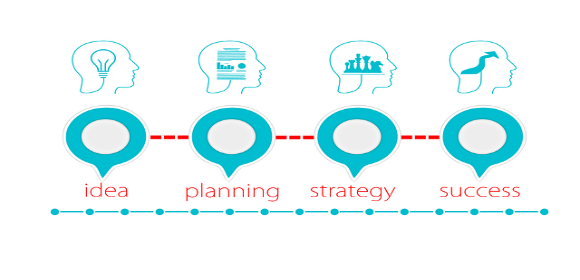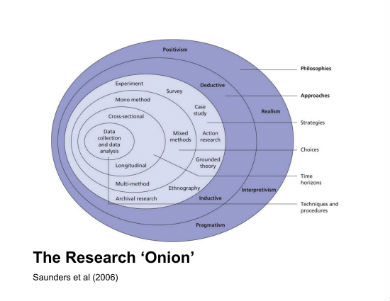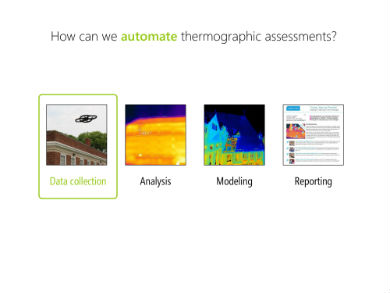9+ Research Methodology Examples to Download
Euxodus’s theory that the Earth is the center of the universe was held for more than a thousand years. It wasn’t until Copernicus’s heliocentric theory was introduced that the former theory was considered outdated. In science, you can never prove something to be true. You can only disprove an existing argument with your own. This process of questioning and contesting the current scientific knowledge does not come fast and easy. It takes several reliable studies to create a credible assertion. One way to determine the validity of research findings is when an entire research design is replicated several times, and the results are the same. It is, then, essential that scientific reports and investigations adhere to a clear and replicable research methodology.
9+ Research Methodology Templates
1. Research Process Flow Chart
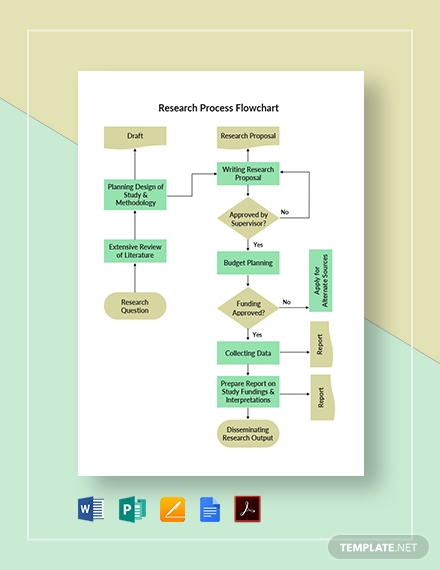
2. Research Process Timeline
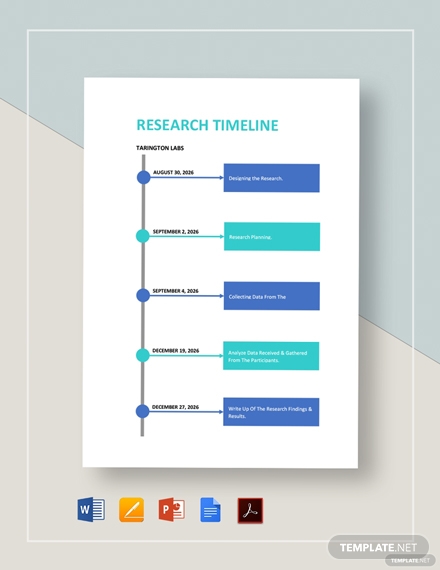
3. Research Methodology Proposal Template
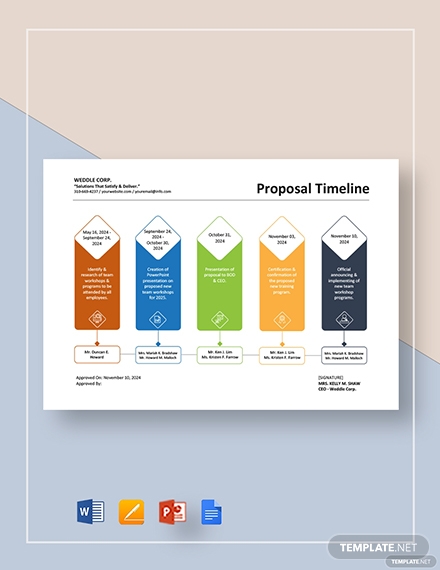
4. Honeycomb Model Template
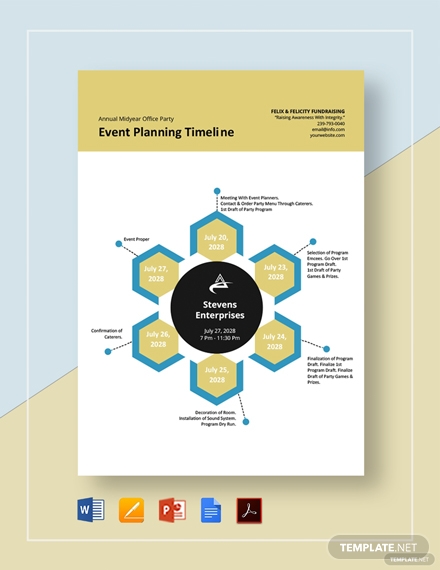
5. Detailed Methodology Presentation Template
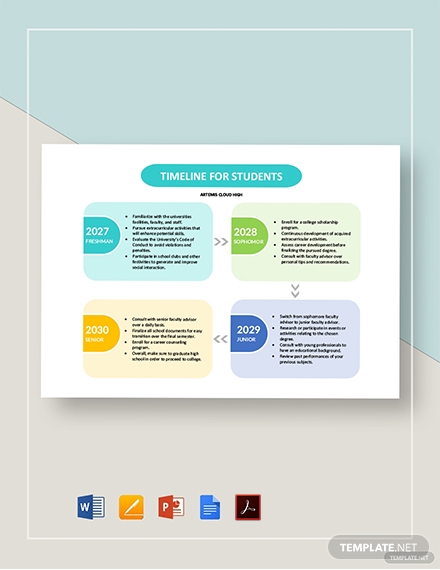
6. Free Research Flowchart
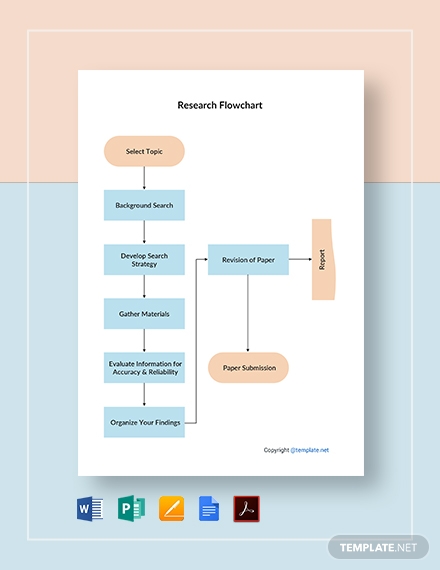
7. Free Research Timeline
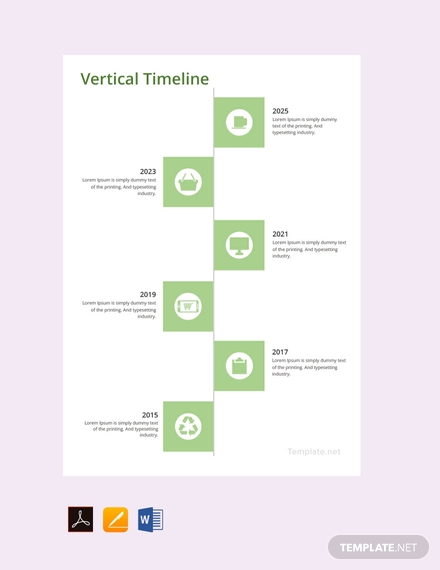
8. Free Honeycomb Diagram Guide
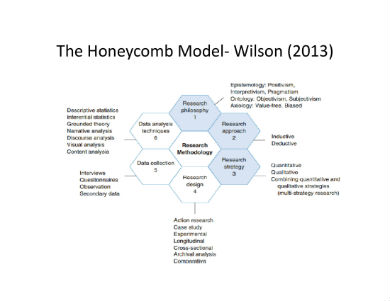
9. Free Research Onion Diagram
10. Free Methodology Presentation Sample
What is a Research Methodology?
Research methodology refers to the systematic and scientific method approach employed to conduct research studies, gather data such as surveys or questionnaires, and analyze the findings. It is the framework that provides guidance on how to plan, execute, and evaluate research project plans. You can make use of Research Methodology templates to make your research paper easier to write.
Research methodology involves a series of steps that include identifying the research problem, reviewing the literature, formulating research questions and hypotheses, designing the study, selecting the appropriate data collection techniques, collecting data, analyzing data, and interpreting the results. The methods used in research methodology can vary depending on the discipline and the nature of the research problem. For example, quantitative research methods are commonly used in scientific research, while qualitative methods are often used in social sciences and humanities.
How to choose the right Research Methodology?
Choosing the right research methodology requires careful consideration of the research question, the nature of the phenomenon under investigation, and the available resources. Here are some steps you can take to choose the right research methodology:
Step 1: Identify the research question
Clearly articulate the research question that you want to answer. This will help you determine which methodology is best suited to address the question.
Step 2: Review the literature
Conduct a thorough review of existing literature related to the research question. This will provide insight into the previous studies that have been conducted, the methods that were used, and the gaps in the literature that your research can address.
Step 3: Consider the nature of the phenomenon under investigation
The nature of the phenomenon under investigation will guide your choice of research methodology. For example, if you are studying a phenomenon that is difficult to observe or measure directly, you may need to use qualitative methods.
Step 4: Evaluate available resources
Consider the resources that are available to you, such as time, funding, and access to participants. This will help you determine the feasibility of different research methodologies.
Step 5: Consult with experts
Seek advice from experts in the field who can offer guidance on which methodology is best suited to answer your research question.
FAQs
What is the difference between quantitative and qualitative research methods?
Quantitative research involves the collection and analysis of numerical data, while qualitative research involves the collection and analysis of non-numerical data such as text, images, and observations. Quantitative research is often used in scientific fields, while qualitative research is often used in social sciences and humanities.
What is a research design?
A research design is a plan or strategy for conducting a research study. It outlines the procedures that will be used to collect and analyze data, and it provides a framework for addressing the research question.
What is the difference between a research question and a hypothesis?
A research question is a broad inquiry into a topic, while a hypothesis is a specific statement that predicts the relationship between variables. A hypothesis is typically generated based on a research question.
In conclusion, research methodology is a crucial aspect of any research study. It provides a systematic approach to gathering and analyzing data, ensuring that the study is conducted in an objective, valid, and reliable manner. By carefully selecting the appropriate research methodology, researchers can obtain high-quality results that contribute to the advancement of knowledge in their field. A well-planned research design, ethical considerations, and effective data analysis are all important components of research methodology that help ensure the credibility and relevance of research findings.


